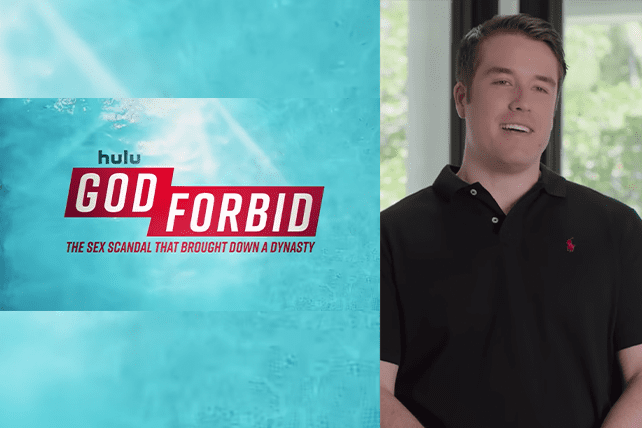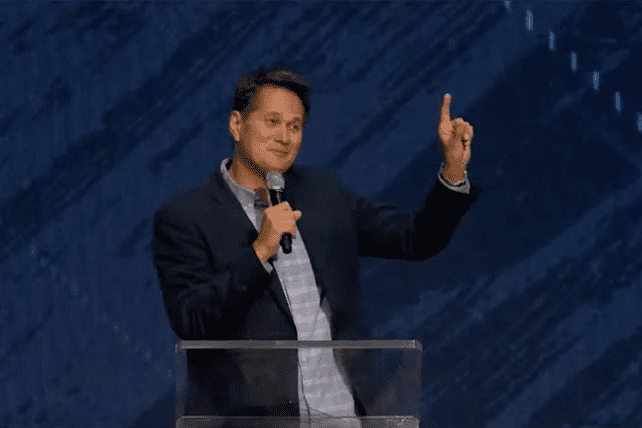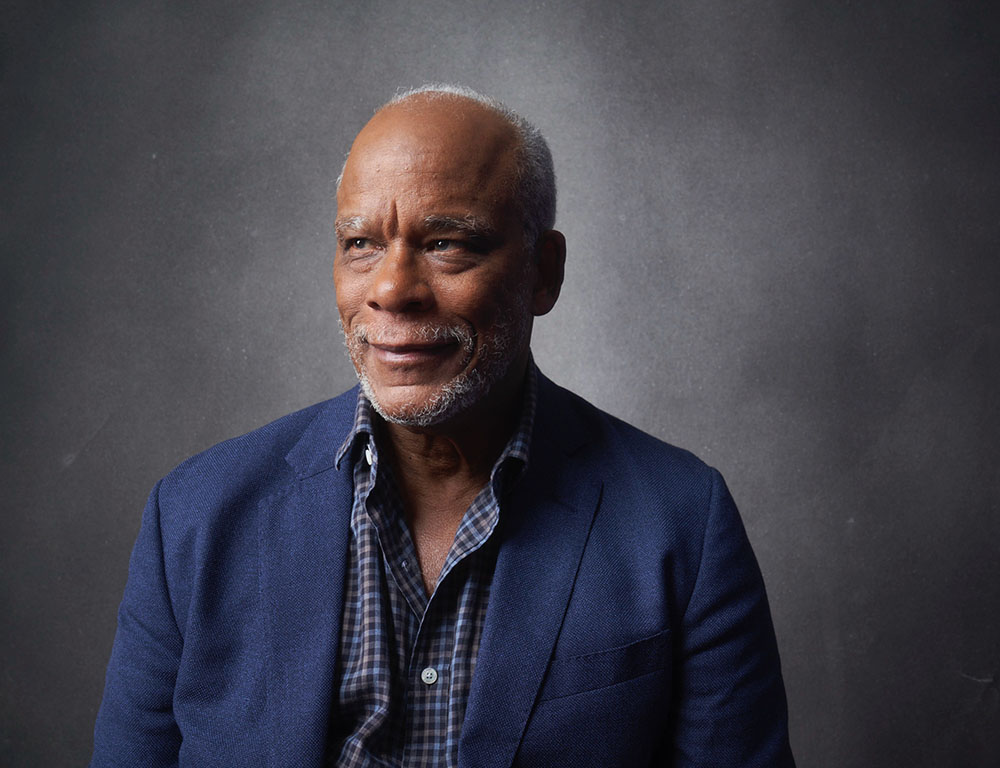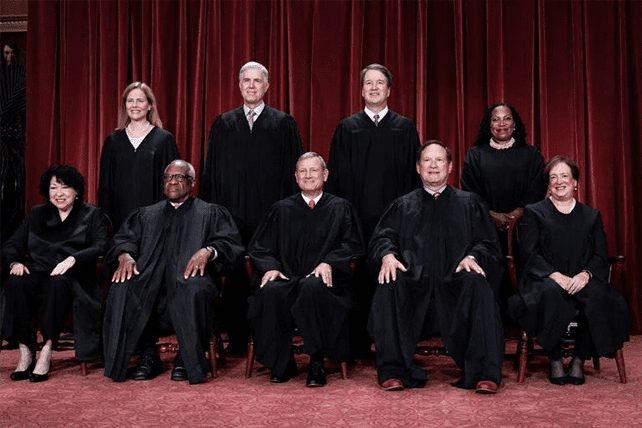JOSHUA, Texas (BP) – For the past year and a half, Lane Prairie Baptist Church has taken time each Sunday to celebrate the tremendous work God is doing through their ‘Who’s Your One?’ focused evangelism efforts. So far the members have shared the Gospel hundreds of times and witnessed dozens come to faith in Jesus Christ.
Lane Prairie members have the opportunity each week to report to the church if they have prayed for their “one,” or had a Gospel conversation throughout the week.
These updates, as well as any announcements about decisions for Christ or baptisms, are celebrated and highlighted through a display of different color ping pong balls representing each update.
White ping pong balls represent a person’s “one,” being prayed for, orange balls represent a Gospel conversation, green balls represent a profession of faith and blue balls represent a baptized believer beginning their discipleship process.
RELATED: Pruitt Preaches the Gospel, Promotes Who’s Your One? During Winter Jam
The display is seen prominently at the front of the church on the right side.
Ricky Fuchs, lead pastor at Lane Prairie, told Baptist Press the church officially launched the initiative in July of 2021, and they plan to continue the weekly updates as a part of their Sunday morning services from now on.
He said before the ‘Who’s Your One?’ emphasis was church-wide, it started with the burden of one adult bible study.
Each Wednesday night, while children and teenagers would attend Awana and youth group, a group of about 40-50 adults would meet for Bible study and prayer.
Fuchs, who has been the lead pastor for almost two years, said although the church has always valued evangelism over its 150-year history, this Bible study’s members developed a deeper heart for reaching people.
“God just gave us a burden to pray for others outside of our congregation,” Fuchs said. “If we wanted to see God work in saving people, we needed to pray to that end.”
Starting in March of 2021, Fuchs challenged each person in the group to find one lost person to pray for and share the Gospel. The results were incredible.
Over the next few months, members of the Bible study would report 57 professions of faith through their evangelism efforts.
RELATED: State of Bible: Gen Z Leads in Active Evangelism, Desire to Share Faith
“We saw God really just explode and we saw many of our members being faithful in evangelism and people were getting saved,” Fuchs said.
“Even beyond the personal aspect of ‘Who’s Your One,’ in prioritizing a person you know, our people started to become more obedient in evangelism in their daily lives. We heard amazing accounts of members sharing the Gospel on vacation, at hotels, over the phone and in everyday encounters.”
Fuchs and the church leadership decided to take the initiative church-wide and had a launch Sunday on July 25, 2021.
Since then, the church has seen:
- 248 “ones” be prayed for
- 1,971 Gospel conversations reported
- 405 professions of faith
- 42 baptisms through the initiative
Fuchs explained the church records numbers for all conversions or baptisms that resulted from the evangelism of church members, even if the conversion or baptism occurred outside of Lane Prairie specifically.
“We want this to not just be about building our church, but about building the Kingdom,” Fuchs said.
Matt Queen is the associate pastor of evangelism at Lane Prairie, and also serves as the associate dean of the Roy J. Fish School of Evangelism and Missions at Southwestern Seminary.
After coming on staff at the church in 2021, Queen partnered with Fuchs to create the church-wide emphasis and help teach the congregation to value all aspects of the evangelism process.
“I think as Baptists we sometimes have conditioned ourselves to only celebrate when someone gets saved or baptized, but we teach our people that success in evangelism is simply doing it,” Queen said.


























